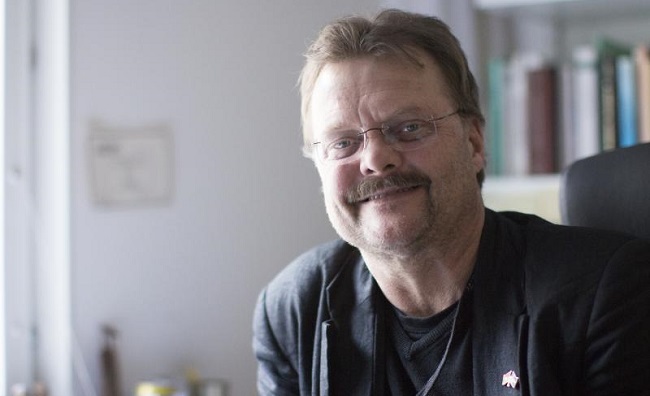Uppsala University to offer full-time African studies

Professor Sten Hagberg will be responsible for the course
Photo: Mattias Sköld/Nordic Africa Institute
“Even in 2017, Africa’s multitude is unknown to many”, says Hagberg who currently teaches a part-time African studies evening course in English, and is also head of Forum for Africa Studies, an initiative to support Africa-related research at Uppsala University.
While the evening class caters to many political science and peace and conflict students, and is popular with international students, Hagberg thinks that the new course will attract those who are enrolled in undergraduate programs.
“Regardless of whether your aim is to become a diplomat, work in the travel sector or become an agronomist, this course can give your degree a valuable Africa profile.”
The teaching is divided into four segments. The first part gives a broad historic background; the second deals with contemporary politics, economy and culture; the third introduces cultural expressions; and the fourth explains Afro-Swedish relations.
Hagberg describes the approach as broad and “truly interdisciplinary”. The lecturers comprise anthropologists, historians, archaeologists, filmmakers, literary scholars and health scholars.
The course also covers Africa’s problematic colonial past.
“It is necessary to understand this part of history so that, together with African voices, we can find the right path for studying Africa today. A lot has happened in the past 15–20 years”, says Hagberg, who himself works closely with Burkinabe, Malian and Mozambican anthropologists.
The combined resources of Uppsala University, Nordic Africa Institute (NAI) and the Swedish University of Agricultural Sciences makes Uppsala one of the strongest centres for Africa studies in Europe. In the introductory course this will show not only in the level of teaching, Hagberg says, but also because students can access the NAI library, which has over 80,000 books and reports, and more than 400 publications, official documents and statistics, as well as African fiction.

